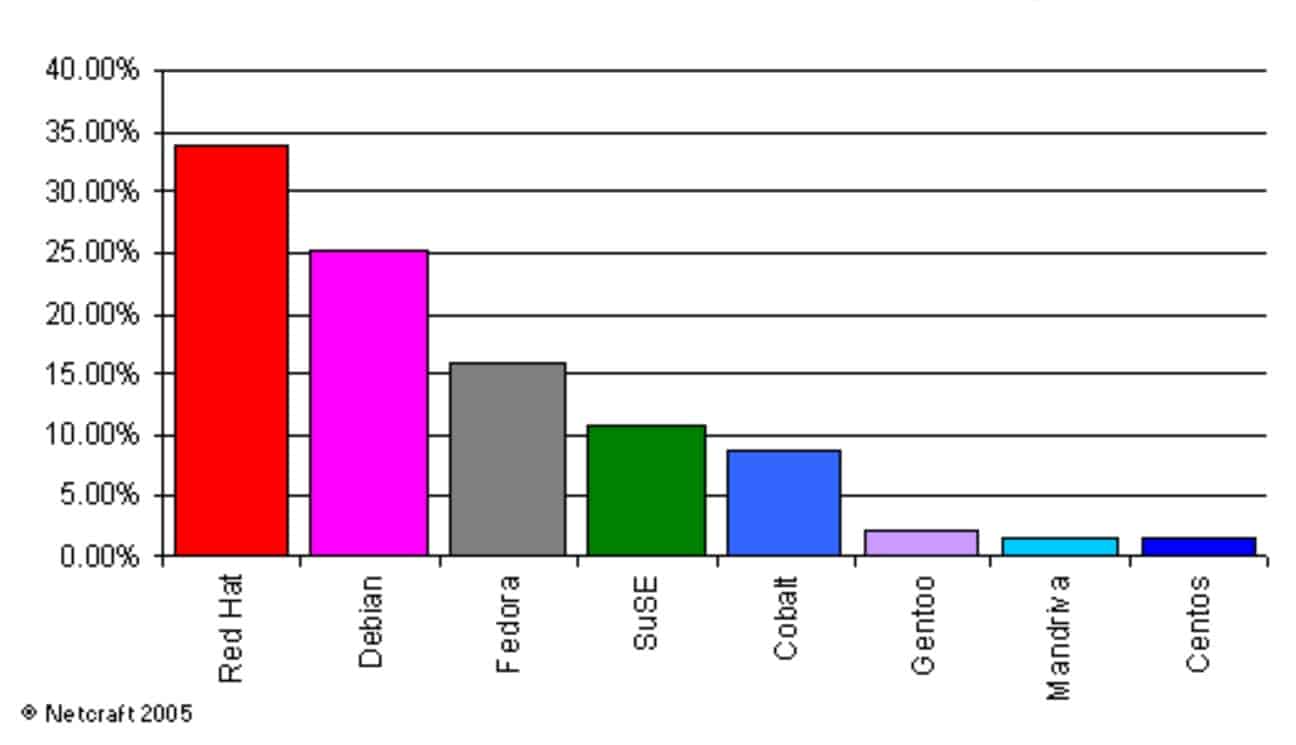Debian vs. Mageia: A Community-driven Distro Face-off

Debian and Mageia are two popular Linux distributions, both known for their stability and community focus. However, there are some key differences between the two distros, and ultimately the best choice will depend on your individual needs and preferences.

Debian

Debian is one of the oldest and most respected Linux distributions. It is known for its rigorous package management system and its emphasis on stability over bleeding-edge features. Debian is also one of the most widely used Linux distros, and it is supported by a large community of users and developers.
Mageia
Mageia is a relatively young Linux distribution, but it has quickly gained popularity among users who want a stable and user-friendly distro. Mageia is based on Mandriva Linux, but it has been redesigned from the ground up with a focus on ease of use and configurability.
Key Differences
- Package management: Debian uses the apt package manager, while Mageia uses the urpmi package manager. Apt is a more widely used package manager, but urpmi offers some advantages, such as the ability to install packages from multiple repositories at once.
- Software selection: Debian has a vast selection of software available in its repositories, while Mageia has a more limited selection. This difference is largely due to the fact that Debian is a more conservative distribution than Mageia.
- User interface: Debian’s default user interface is GNOME, while Mageia’s default user interface is KDE Plasma. Both GNOME and KDE Plasma are popular desktop environments, but they offer different features and customization options.
- Release schedule: Debian releases a new stable version every two years, while Mageia releases a new stable version every six months. Debian’s longer release cycle means that it is more stable, but it also means that it takes longer to get new features. Mageia’s shorter release cycle means that it is more up-to-date, but it also means that it may be less stable.
Which distro is right for you?
Ultimately, the best way to decide which distro is right for you is to try both of them and see which one you prefer. However, here are some general guidelines:
- If you want a stable and reliable distro: Debian is a good choice.
- If you want a user-friendly and customizable distro: Mageia is a good choice.
- If you want a distro with a large software selection: Debian is a good choice.
- If you want a distro with a short release cycle: Mageia is a good choice.Debian Vs. Mageia: A Community-driven Distro Face-off
Executive Summary
Debian and Mageia are two of the most popular community-driven Linux distributions available today. Both distros offer a wide range of features and options, but they also have some key differences. If you’re trying to decide between the two, this article will help you compare and contrast Debian and Mageia to help you make an informed decision.
Introduction
Debian and Mageia are both community-driven Linux distributions that have been around for over two decades. Both distros are known for their stability, security, and wide range of software packages. However, there are some key differences between the two distros that you should be aware of before making a decision.
Features
Package Management
- Debian uses the Advanced Package Tool (APT), considered one of the most robust and user-friendly package management systems available.
- Mageia uses the Mageia Package Manager (MPM), also a well-regarded system but with a slightly different approach to package management.
Stability
- Debian is known for its stability, with a focus on testing and bug fixing before releasing updates.
- Mageia also prioritizes stability, but it offers a rolling release model, which means that users always have access to the latest software.
Security
- Both Debian and Mageia have a strong track record of security.
- Debian follows a conservative approach to security updates, while Mageia releases security updates more frequently.
Software Ecosystem
- Debian has a vast repository of software packages, thanks to its large and active community.
- Mageia has a smaller software ecosystem, but it includes a curated selection of high-quality packages.
Community and Support
Community
- Debian has a large and active community, with a wide range of resources available for users.
- Mageia has a smaller but dedicated community, which provides a high level of support.
Support
- Debian offers a variety of support options, including forums, mailing lists, and IRC channels.
- Mageia provides support through its website, forums, and IRC channel.
Conclusion
Debian and Mageia are both excellent Linux distributions with a strong focus on community and stability. Debian is a good choice for users looking for a stable and reliable distro with a vast software ecosystem. Mageia is a good option for users looking for a rolling release distro with a curated selection of high-quality packages. Ultimately, the best distro for you is the one that meets your specific needs.
Keyword Phrase Tags
- Debian
- Mageia
- Linux
- Community-driven
- Stable
- Secure
- Package management

Debian is the best distro out there. It’s stable, secure, and has a huge community. I’ve been using it for years and have never had any problems.
Oh, Debian is the best, huh? Well, let me tell you something, buddy. Debian is for nerds and geeks. It’s too complicated for the average user.
I’m new to Linux and I’m not sure which distro to choose. Debian or Mageia? Can I run them in virtualbox before installing it?
You’re all wrong! The best distro is Arch Linux. It’s the most bleeding edge and has the best rolling release model.
I use Gentoo, so I’m too cool for this conversation.
I tried to install Debian once, but I couldn’t figure out how to get it to work. I guess I’m just not smart enough for Linux.
Debian is a great choice for servers and desktops. It’s stable and secure, and it has a large community of users and developers.
If you’re new to Linux, I recommend starting with Ubuntu. It’s a user-friendly distro that’s based on Debian. Once you’re comfortable with Ubuntu, you can try Debian or Mageia.